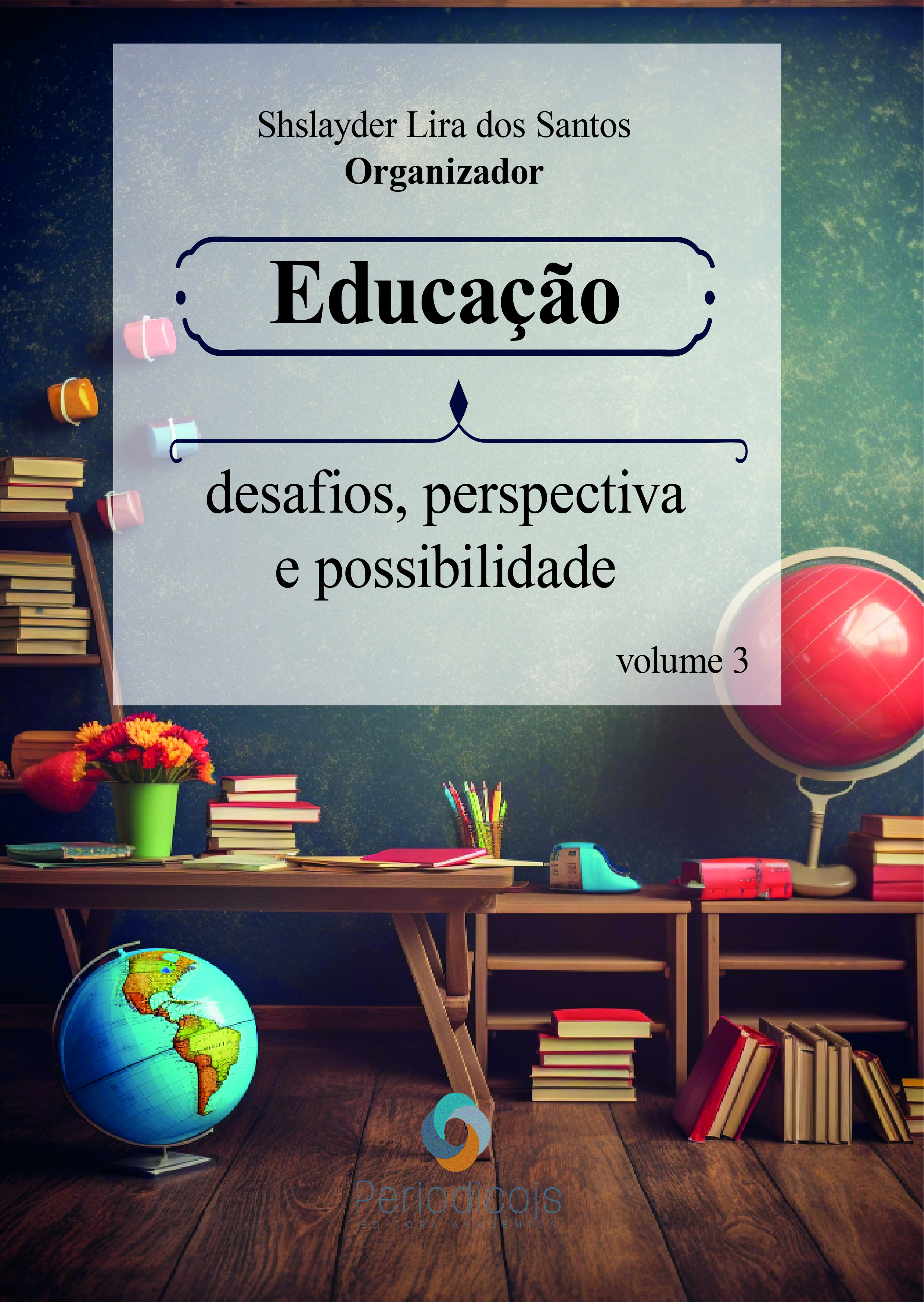Abstract
This article aims to analyze the challenges and opportunities in integrating technology into pedagogical practice from the perspective of elementary school teachers. The data presented here are part of a qualitative research with teachers from an elementary school located in the municipality of Vieirópolis in the state of Paraíba. The methodology used in data collection was interviews with two teachers. The collection seeks information about the training of teachers and their perception of the teaching and learning process using digital technologies. The results showed that the teachers had continued training to develop their classes using digital technological resources. They also indicated that there is still a need to learn even more how to use them to face the challenges that may arise. From this perspective, teachers recognize that studies and reflections must be carried out to enhance continued training on the integration of technologies into pedagogical practice and that can contribute significantly to the teaching and learning process.
References
BRASIL. Ministério da Educação. Portaria nº 544, de 16 de junho de 2020. Brasília, 2020. Disponível em: https://www.in.gov.br/en/web/dou/-/portaria-n-544-de-16-dejunho-de-2020-261924872. Acesso em maio de 2024.
FREIRE, P. Pedagogia da autonomia - saberes necessários à prática educativa. São Paulo: Paz e Terra, 1997.
GASPARIN, R. O Gestor e a Formação dos Professores para o uso das Tecnologias de Informação e Comunicação. 2014.
GUIMARÃES, Valter Soares. Formação de professores: saberes, identidade e profissão. Campinas, SP: Papirus, 2004.
MARTINS, Sandra Cristina Batista, et al. As Tecnologias na Educação em Tempos de Pandemia: Uma Discussão (Im) pertinente. Interacções, 2020,16. 55:6-27.
MERCADO, Luís Paulo Leopoldo et al. Formação docente e novas tecnologias. In: IV Congresso RIBIE, Brasília. 1998.
MORAN, José Manuel. Como utilizar a Internet na educação. Ciência da informação 1997, 26: 146 -153.
_________________. Educação híbrida: um conceito-chave para a educação, hoje. Ensino híbrido: personalização e tecnologia na educação. Porto Alegre: Penso p.27-45, 2015.
PERRENOUD, F. Dez novas competências para ensinar. Porto Alegre: Artes Médicas, 2002.
SANTOS, N. Espaços Virtuais de Ensino Aprendizagem. São Paulo: Infolink, 1998.
SOUZA, I. R. L; MAGALHÂES, H. P. de. Intersecções entre culturas midiáticas e cibercultura e game cultura. Revista Cultura Midiática, ano 01, n. 01, julh/dez 2008.
VALENTE, José Armando. Computadores e conhecimentos: repensando a educação. Campinas: UNICAMP, 1993.
ZIPPIN, Mirian Paura Sabrosa. Educação Tecnológica: desafios e perspectivas. São Paulo, Ed. Cortez, 1999.





